Table of Contents
Free radicals. They just sound like trouble-makers.
And while they can cause harm via something called oxidative stress, they’re a bit misunderstood. So, we’re sharing some science-backed details — where they come from, how they work, and their relationship to visible signs of skin aging.
Let’s take a look at what free radicals are and how you can combat their effects with a daily skincare routine including antioxidants.

What are free radicals?
Free radicals are unstable atoms that can damage the cells in the body. What makes them so unstable? They’re oxygen-containing molecules that have an unpaired electron. That single electron allows them to interact freely with other molecules, which isn’t always a good thing.
These molecules can trigger a long chain of chemical reactions in the body called oxidation, causing harm and signs of aging. Free radicals damage cell proteins and DNA by altering their chemical structure.
Where do they come from?
Our body can produce free radicals through natural biological processes. But many times, they’re introduced from an outside source, like tobacco smoke, toxins, pollutants, and especially sun exposure.
What do free radicals do to the body?
An overload of free radicals sets off a process called oxidative stress. Oxidation consists of chemical reactions that damage our cells. That’s where antioxidants come in.
Normally, our body can fight off this stress through its own antioxidant defenses. But when the antioxidant-producing capacity becomes overwhelmed by the number of free radicals, damage can occur as our body can’t keep up.
Let’s use sun exposure as an example. How does sunlight cause free radicals in your body? Too much UV radiation from the sun can overwhelm your system, provoking these unstable molecules and triggering oxidative stress — AKA the process of photoaging. Another reason why daily sunscreen use is absolutely crucial.
What do free radicals do to the skin?
When free radicals overpower our body and trigger oxidative stress, it can impact the different layers of the skin. Damage presents as fine lines and wrinkles, a dull, uneven skin tone, an increase in dark spots, and sagging skin.
Simply put – the signs of skin aging.
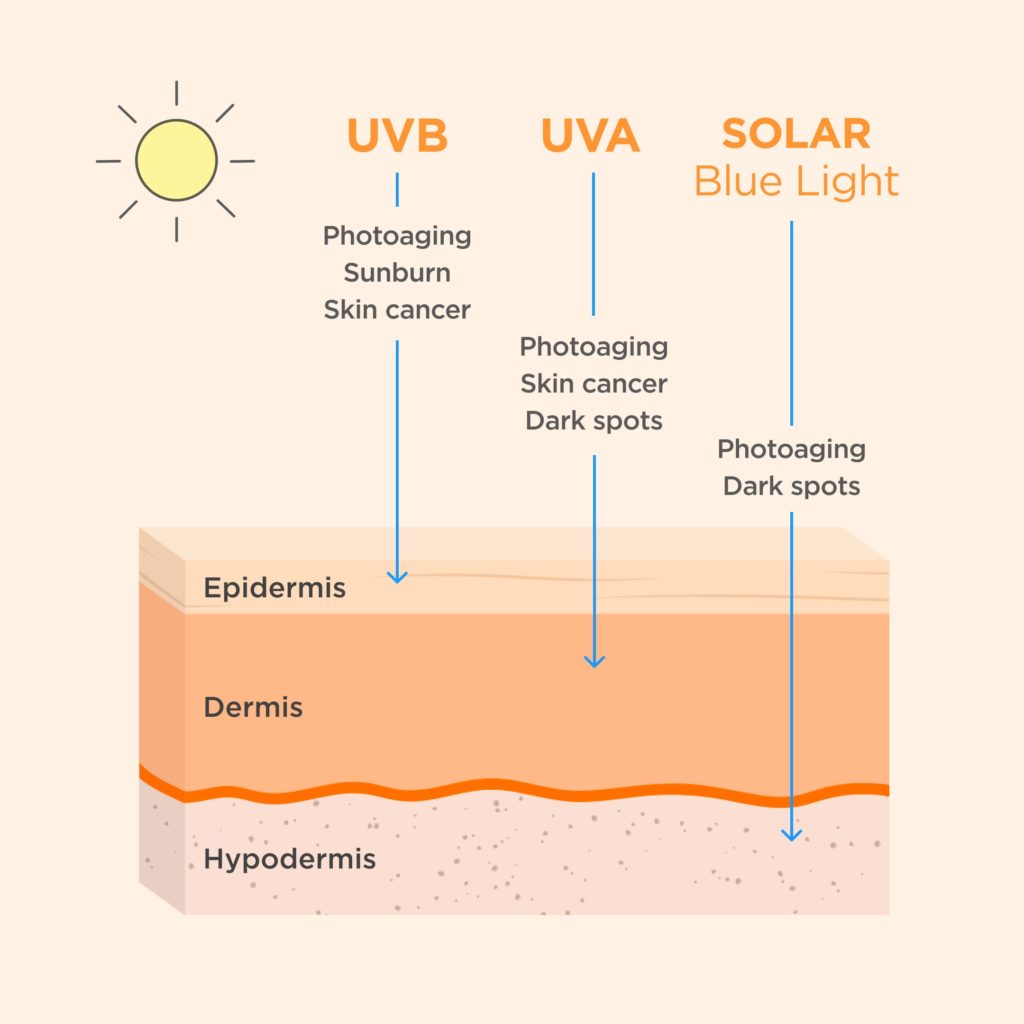
In the outermost skin layer, the epidermis, oxidative stress can cause:
• An increase in transepidermal water loss, making the skin lose its moisture
• Irregular melanin distribution, causing an uneven skin tone
• Cell turnover to slow down, creating dullness
• The thinning of the epidermis
In the deepest layer of the skin, the dermis, oxidative stress can cause:
• The synthesis of collagen, elastin, and proteoglycans to slow, weakening our skin’s structure and strength
• A loss of firmness and elasticity
So, what does free radical damage look like? Overall, as a result of this oxidative stress, the skin becomes thinner, rougher, and loses its radiance. Plus, more wrinkles might pop up.
How can I help minimize skin oxidation?
Sure, the word antioxidant is familiar. But do you know what it does? As the name suggests, an antioxidant helps block oxidative stress.
Antioxidants are molecules that like to share — meaning they can donate an electron to a free radical and still remain stable. This helps to stabilize the free radical, neutralizing, delaying, or helping to prevent further damage.
While our body produces its own antioxidants, the repair processes to counter the effects of sun damage, pollution, and other skin aging triggers (such as cigarette smoke) do not work as effectively as we age.
How antioxidants fight free radicals in the skin
Antioxidants applied directly to the skin can help boost your body’s antioxidant-generating capacity or directly help to neutralize free radicals. Let’s take a look at how they do it.
Direct antioxidants are those capable of “capturing” free radicals before they act, while indirect antioxidants are those that repair molecules damaged by free radicals. For example, Vitamin C is a direct antioxidant, and melatonin is an indirect antioxidant.
Here are some of the benefits of all types of antioxidants for the skin:
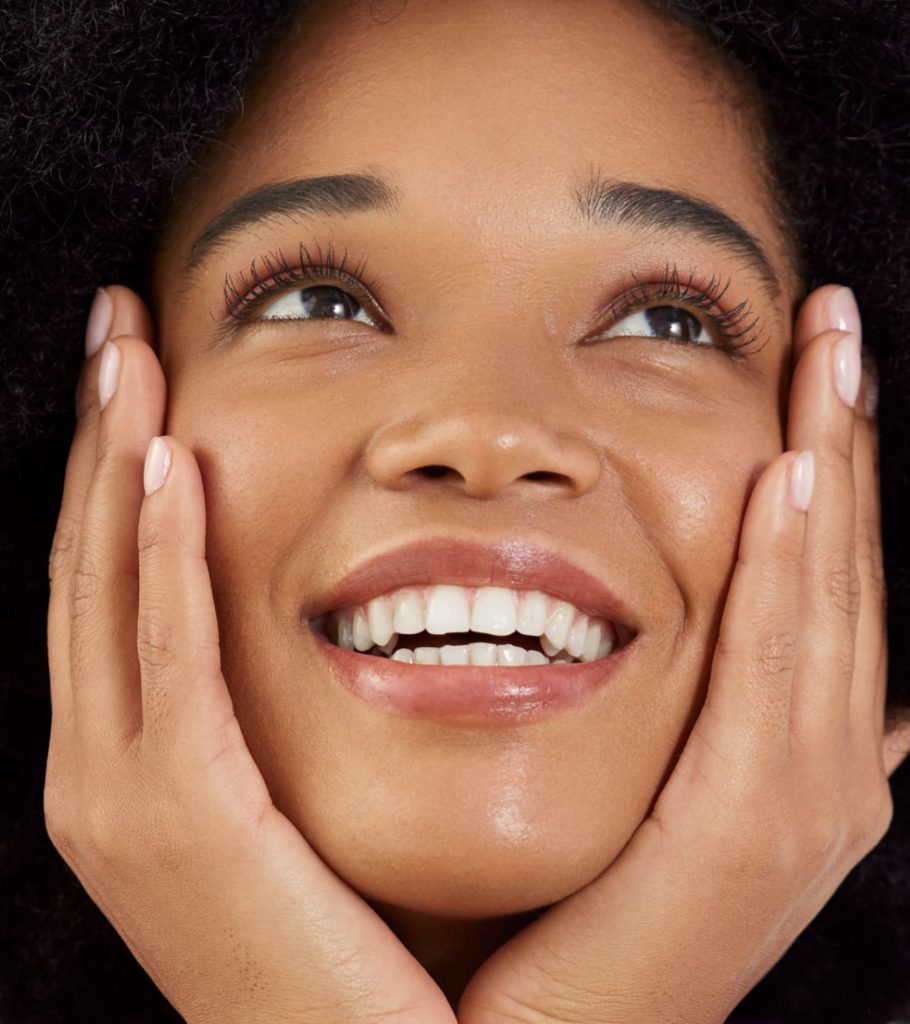
Help decrease damage caused by solar radiation
In the top layer of the skin we find keratinocytes, cells that can gather high concentrations of vitamin C. This, together with vitamin E, helps prevent additional damage from UV radiation.
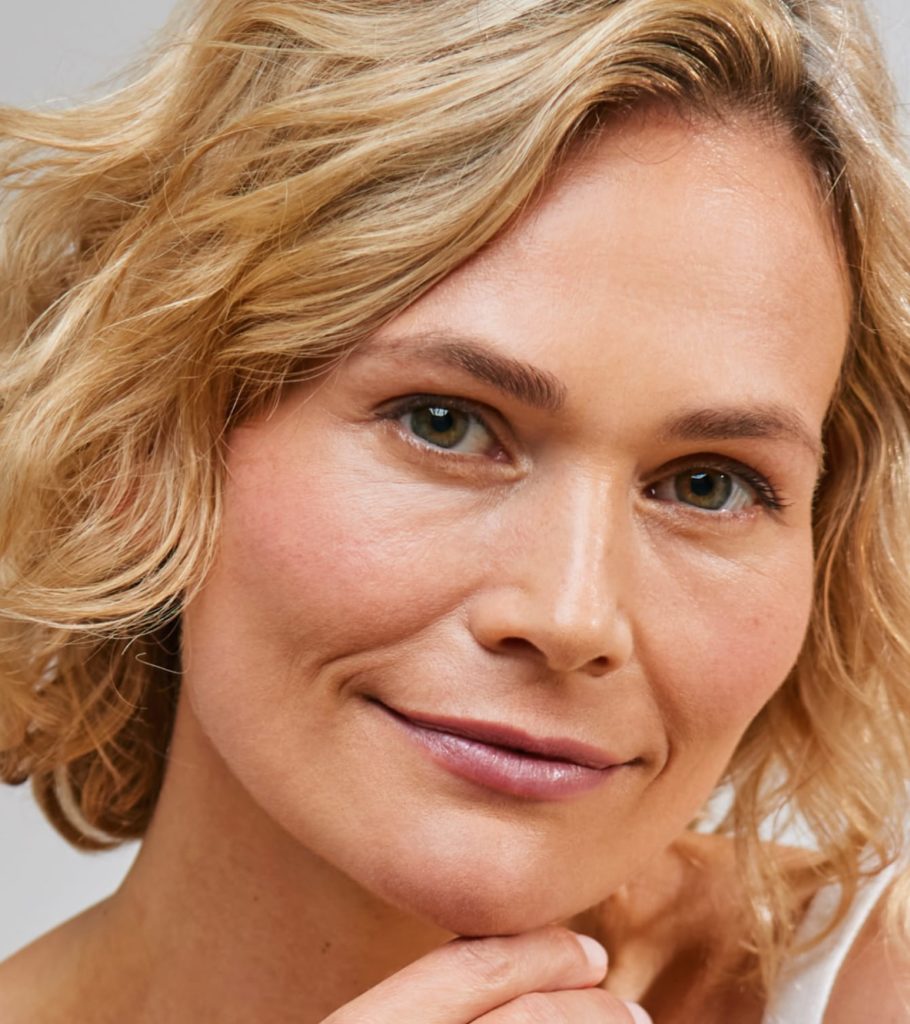
Help repair and correct the signs of skin aging
Oxidative stress dampens the synthesis of collagen and elastin, causing lines and wrinkles to appear. When applied topically, antioxidants can help to slow down the processes which break down these proteins in the skin.
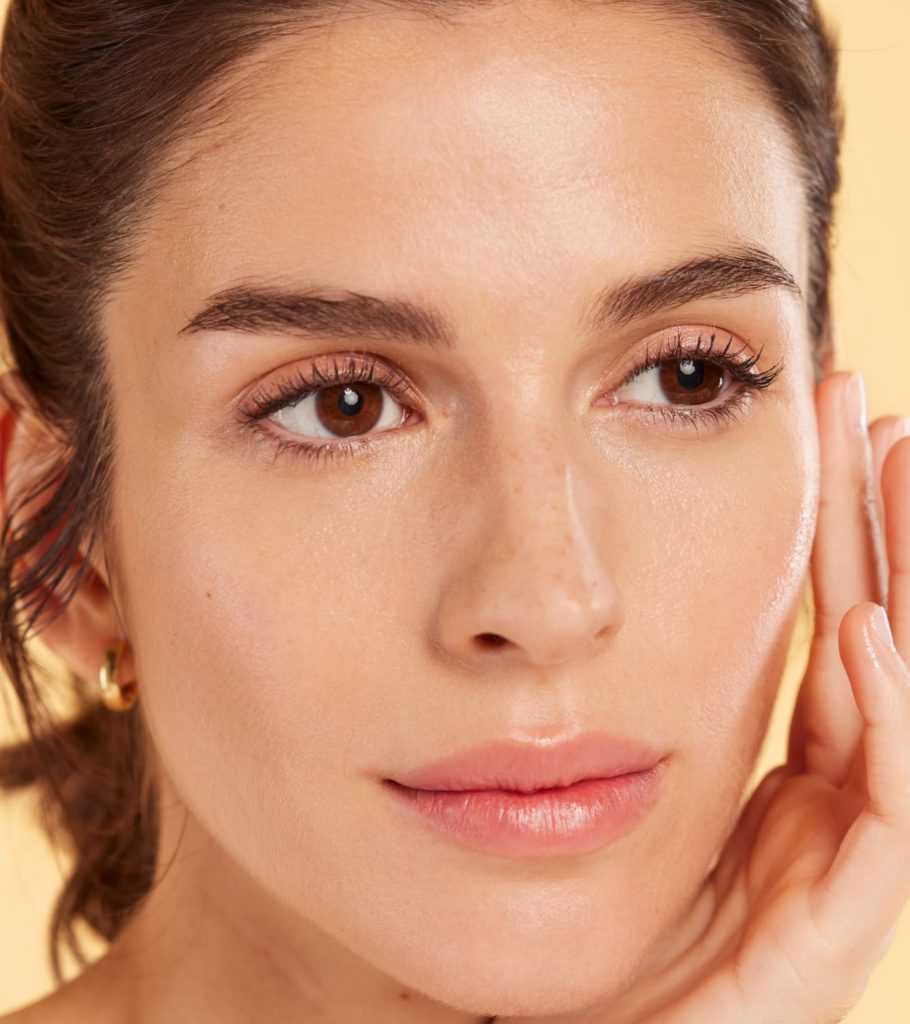
Help unify and brighten skin tone
Skin discoloration? Antioxidants can help. Routine topical application helps brightens skin and helps even tone. Don’t forget to combine them with your favorite daily sunscreen to combat dark spots.
How can I use antioxidants in skincare?
When choosing a skincare routine, select products which provide you with round-the-clock antioxidant care. You can include products that contain antioxidants in your morning skincare routine, your night-time one, or both!
One of the most convenient ways to get your daily dose of antioxidant care is through a serum, the ‘treatment’ step of your routine. Serums are designed to provide targeted care, while also hydrating the skin.
What’s even better? Choosing a sunscreen with antioxidants. That way, you’ll help boost skin’s natural defenses while protecting your skin.
What are some of the best antioxidants for skin?
Here are some essential antioxidants to look for when choosing your skincare products:
 Vitamin C
Vitamin C
Vitamin C’s benefits go further than your daily glass of OJ. Vitamin C in skincare is a potent antioxidant that helps to neutralize free radicals and protect against oxidative stress. In addition, it promotes healthy skin.
Find it in Flavo-C Ultraglican
 Vitamin B3
Vitamin B3
One of the forms of vitamin B3 is more commonly referred to as niacinamide, and it’s this ingredient that you’ll often see in skincare. Studies have shown topical application can help reduce the appearance of fine lines and wrinkles, hyperpigmentation, and redness.
Find it in Melaclear Advanced
 Ginkgo biloba
Ginkgo biloba
Ginkgo biloba leaf extract is a powerful antioxidant with a high concentration of antioxidant compounds, which help to neutralize and decrease the negative effects of free radicals, helping to protect the skin from damage.
Find it in Flavo-C serum
 Melatonin
Melatonin
You may have heard of melatonin as the hormone which helps to regulate your sleep/wake cycle. But when topically applied, it also helps wake up antioxidant enzymes, which work to block free radicals and repair oxidative damage.
Find it in Melatonik®
Check out our full range of ampoules and serums, and see how you can benefit from the power of antioxidants in your skincare routine. And of course, always remember to wear your sunscreen.

References and sources:
1 Poljšak, B., Dahmane, R. Free Radicals and Extrinsic Skin Aging. In Dermatology Research and Practice, Hindawi Publishing Corporation, Vol. 2012, Article ID 135206.
2 Pai, VV., Skukla, P., Kikkeri, NN. Antioxidants in dermatology. In Indian Dermatology Online Journal. 2014 Apr-Jun; 5(2): 210–214.
Starr, JM., Starr, RJ. Skin Aging and Oxidative Stress. In Aging: Oxidative Stress and Dietary Antioxidants, 2014 Academic Press.
Pullar, JM., Carr, AC., Vissers, MCM. The Roles of Vitamin C in Skin Health. In Nutrients, 2017 Aug; 9(8): 866.
Bissett, DL. PhD, Oblong, JE. PhD, Cynthia, A., Berge, BS. Niacinamide: A B Vitamin that Improves Aging Facial Skin Appearance. In Dermatologic Surgery, (2005) Vol. 31, Issue S1 (860-866).
Fischer TW, Elsner P. The antioxidative potential of melatonin in the skin. In Current Problems in Dermatology 29:165-174
Nichols, JA., Katiyar, SK. Skin photoprotection by natural polyphenols: Anti-inflammatory, anti-oxidant and DNA repair mechanisms. In Arch Dermatol Res. 2010 Mar; 302(2); 71.
https://www.mdedge.com/dermatology/article/52398/aesthetic-dermatology/cosmeceutical-critique-ginkgo-biloba

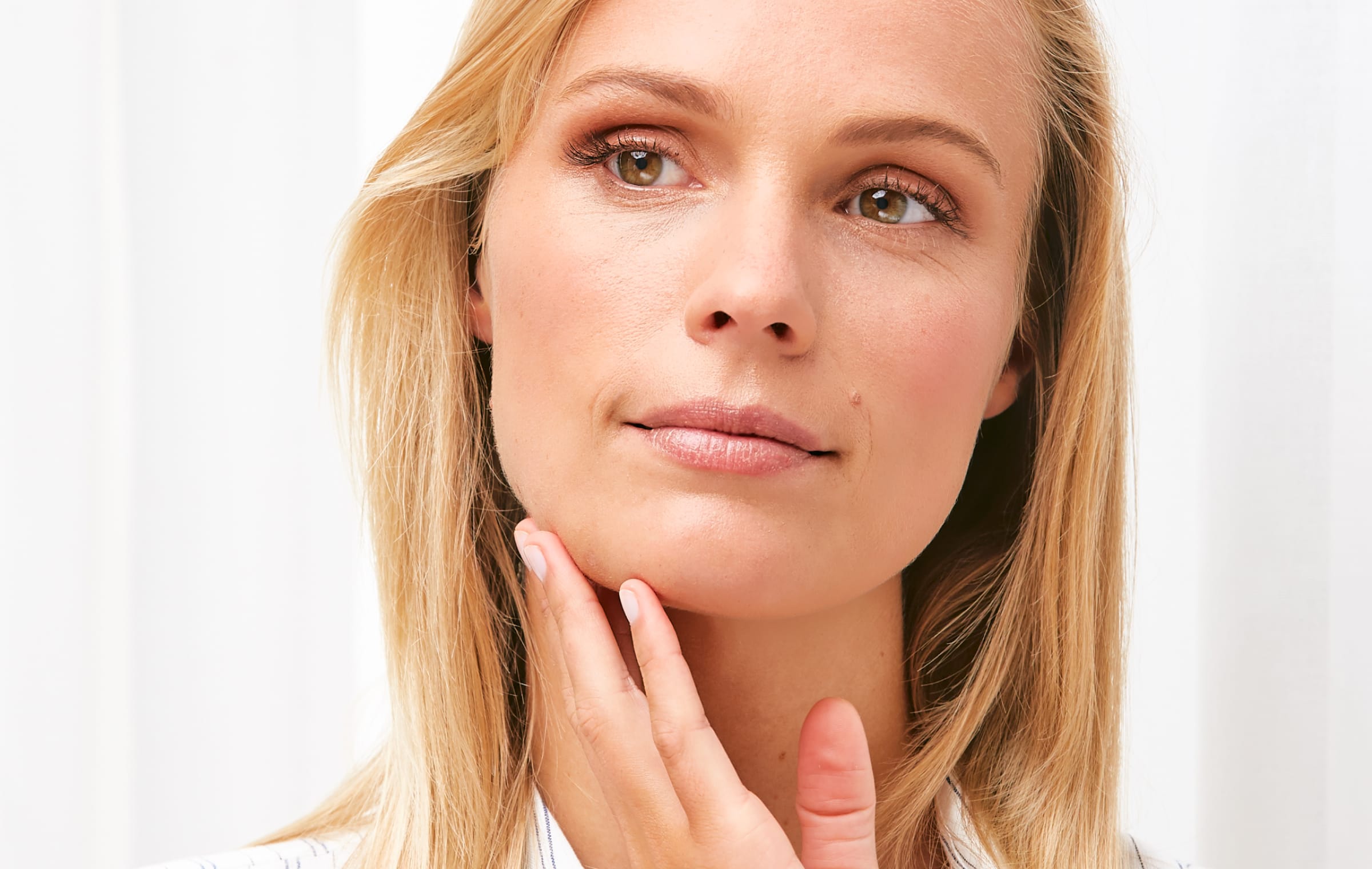




More Stories
‘Unretiring’? This is how to handle your Medicare coverage
6 Hacks to Build More Sustainable Habits
Red cheeks – what can you do?